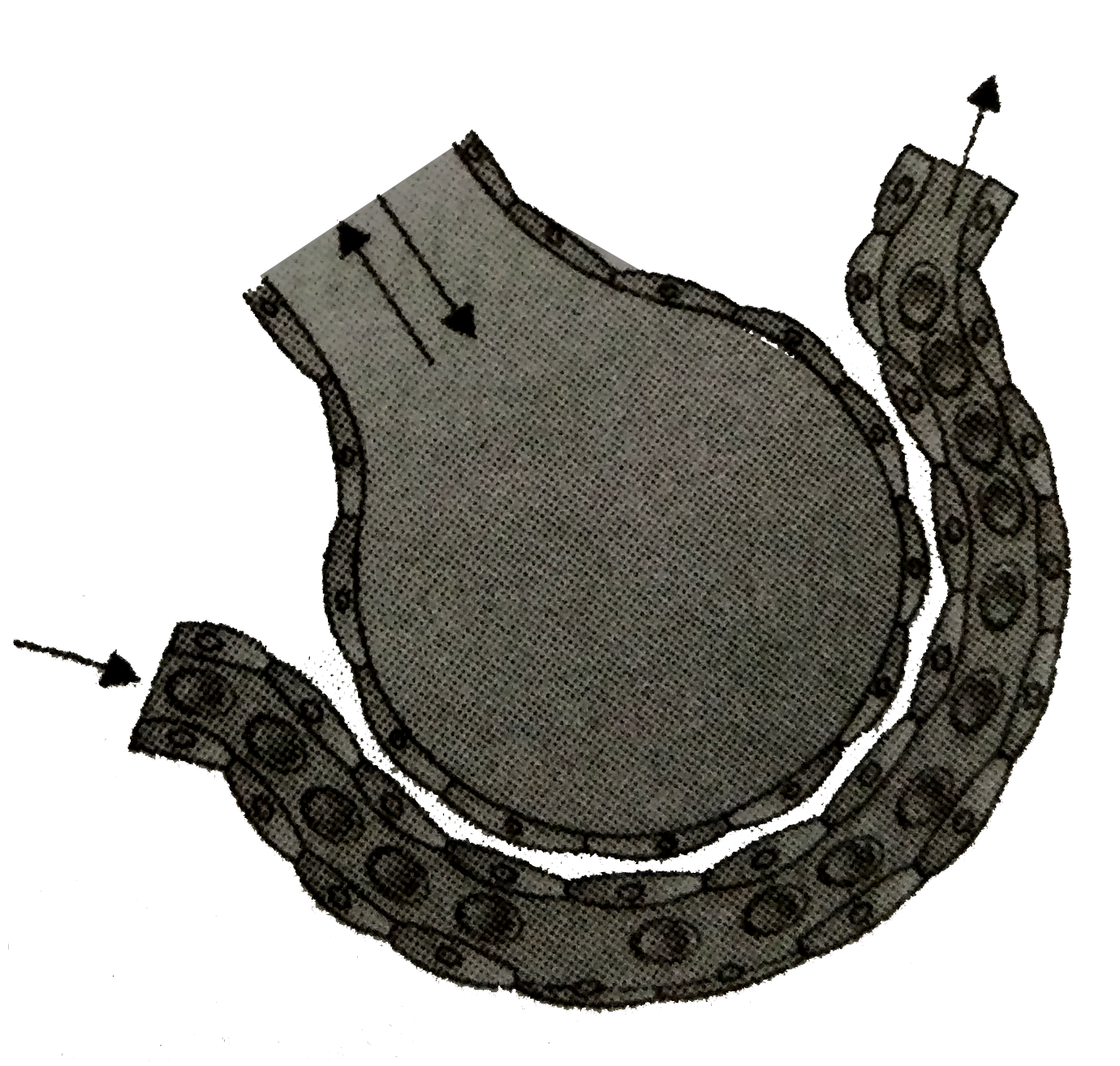The major factor which could affect the binding of CO2 to Hb is
Low temperature
pO2
High pH
High temperature
The correct Answer is:B
To solve the question regarding the major factor that affects the binding of CO2 to hemoglobin (Hb), we can follow these steps:
1. Understanding Hemoglobin Function: Hemoglobin is a protein in red blood cells that carries oxygen (O2) from the lungs to the rest of the body and helps transport carbon dioxide (CO2) back to the lungs.
2. Factors Affecting CO2 Binding: Several factors can influence the binding of CO2 to hemoglobin, including temperature, pH, and the partial pressure of oxygen (pO2).
3. Analyzing the Options:
- Lower Temperature: Generally, lower temperatures can increase the affinity of hemoglobin for CO2, but this is not the major factor.
- Pressure of O2: The partial pressure of oxygen is crucial because high levels of O2 can reduce the ability of hemoglobin to bind CO2.
- High pH: An increase in pH (alkaline conditions) can also reduce CO2 binding, but it is not the primary factor.
- High Temperature: Higher temperatures can decrease the affinity of hemoglobin for CO2, but again, this is not the most significant factor.
4. Identifying the Major Factor: The most significant factor affecting the binding of CO2 to hemoglobin is the partial pressure of oxygen (pO2). When the pO2 is high (as in the lungs), hemoglobin prefers to bind to oxygen rather than carbon dioxide. This is known as the Haldane effect.
5. Conclusion: Therefore, the major factor that affects the binding of CO2 to hemoglobin is the pressure of O2.
Final Answer:
The major factor which could affect the binding of CO2 to hemoglobin (Hb) is the pressure of O2.
---
- Lower Temperature: Generally, lower temperatures can increase the affinity of hemoglobin for CO2, but this is not the major factor.
- Pressure of O2: The partial pressure of oxygen is crucial because high levels of O2 can reduce the ability of hemoglobin to bind CO2.
- High pH: An increase in pH (alkaline conditions) can also reduce CO2 binding, but it is not the primary factor.
- High Temperature: Higher temperatures can decrease the affinity of hemoglobin for CO2, but again, this is not the most significant factor.
The major factor which could affect the binding of CO2 to hemoglobin (Hb) is the pressure of O2.
Topper's Solved these Questions
- BREATHING AND EXCHANGE OF GASES Book:AAKASH SERIESChapter:BREATHING AND EXCHANGE OF GASES Exercise:EXERCISE-I (Regulation of Respiration)
Explore 15 Videos
- BREATHING AND EXCHANGE OF GASES Book:AAKASH SERIESChapter:BREATHING AND EXCHANGE OF GASES Exercise:EXERCISE-I (Disorders of Respiratory System)
Explore 9 Videos
- BREATHING AND EXCHANGE OF GASES Book:AAKASH SERIESChapter:BREATHING AND EXCHANGE OF GASES Exercise:EXERCISE-I (Exchange of Gases)
Explore 21 Videos
- BODY FLUIDS AND CIRCULATIONBook:AAKASH SERIESChapter:BODY FLUIDS AND CIRCULATIONExercise:Exercise -III (Previous AIPMT/NEET Questions)
Explore 35 Videos
- CHEMICAL COORDINATION AND INTERGRATIONBook:AAKASH SERIESChapter:CHEMICAL COORDINATION AND INTERGRATIONExercise:Exercise-III (previous AIPMT/NEET questions)
Explore 41 Videos
Similar Questions
Knowledge Check
Major factors that cause cancer are
Aoncogenes and polymorphonuclear leucoytesBoncogenes and tumour suppressor genesCMHC genesDcellular oncogenes and α-interferons.The factor which does not affect the rate of alveolar diffusion is
 Asolubility of gasesBthickness of the membranesCpressure gradientDreactivity of the gases.
Asolubility of gasesBthickness of the membranesCpressure gradientDreactivity of the gases.
State one important factor which affects the critical angle of a given medium.
View SolutionState three factors which affect the loundess of a sound heard by a listener.
View SolutionExplain any three factors which affect the solubility of a solid solute in a solvent.
View SolutionDescribe the factors which affect osmosis
View SolutionThe factor which does not affect the rate of alveolar diffusion is

View SolutionName two factors which affect the critical angle for a given pair of media. State how do the factors affect it.
View Solution